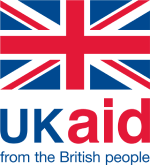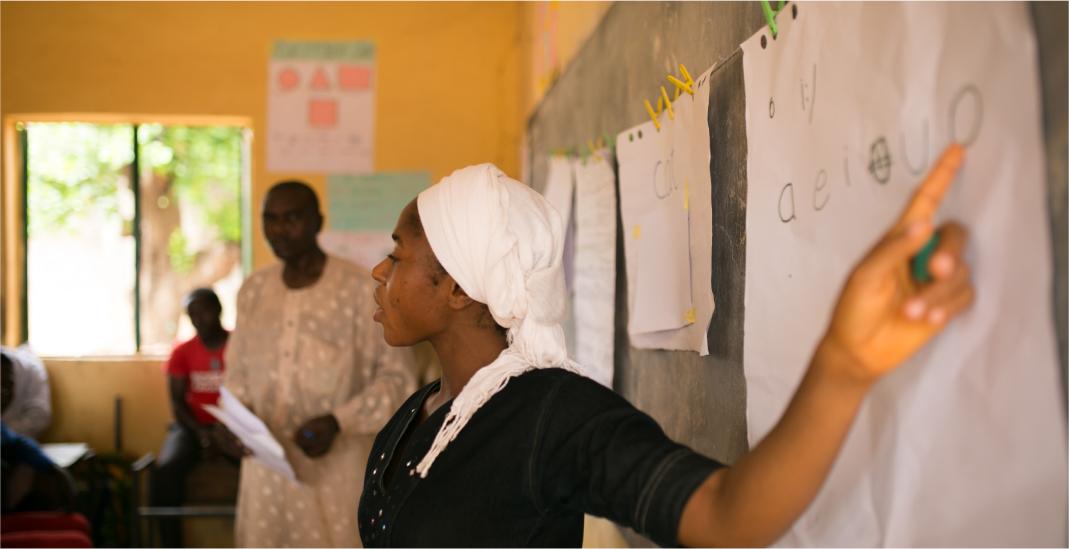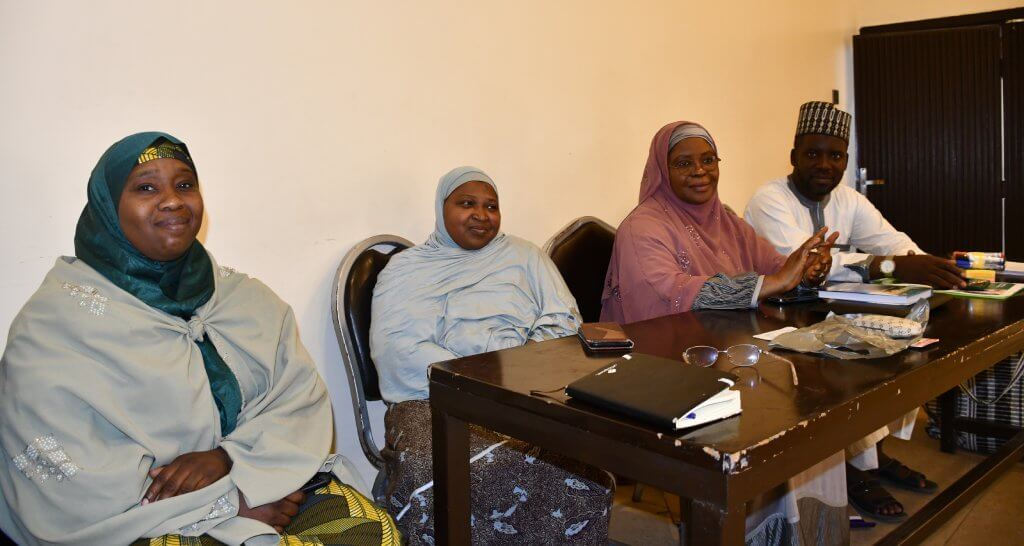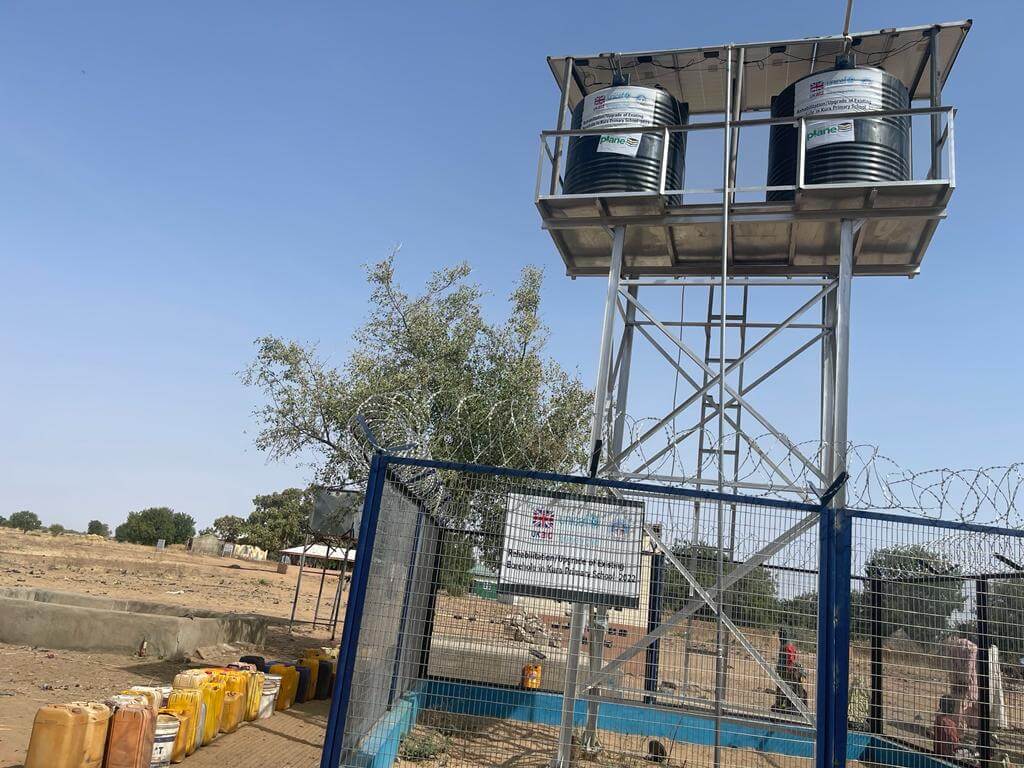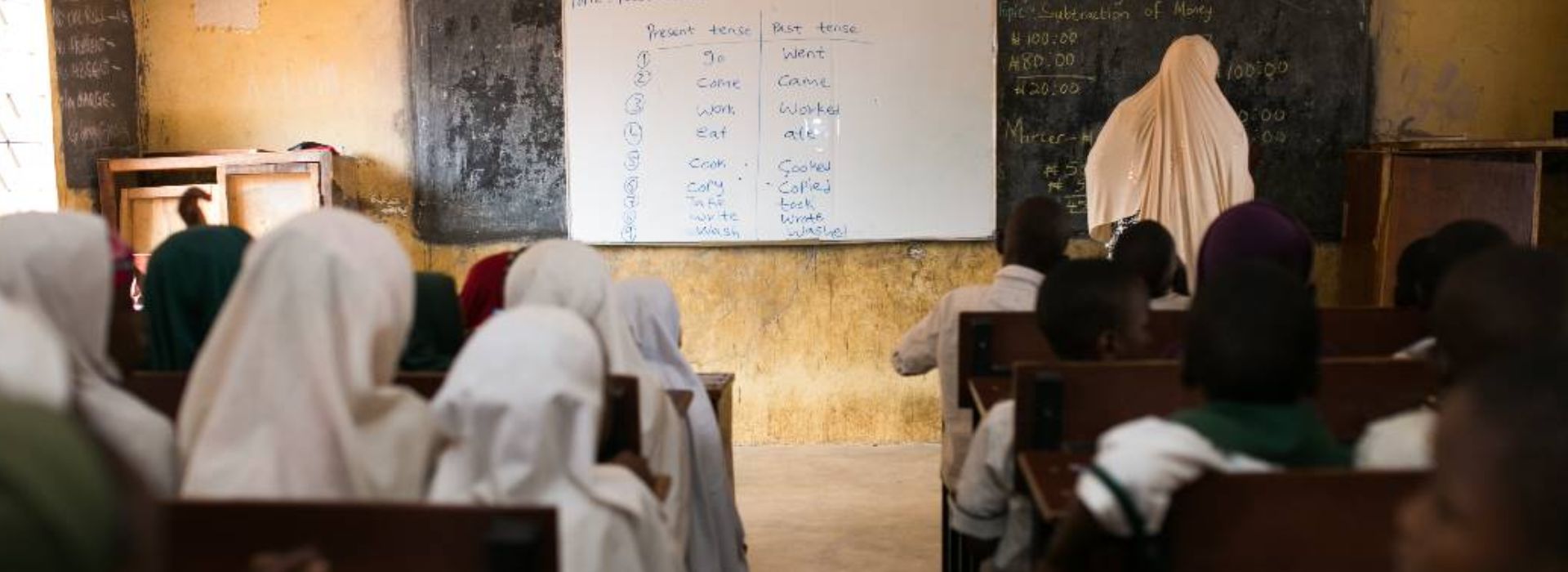
To improve the quality of education available to children enrolled in school, UNICEF is supporting Yagana’s school and others with the Teaching at the Right Level (TaRL) and the Kanuri Arithmetic and Reading Instructions (KARI) methodologies.
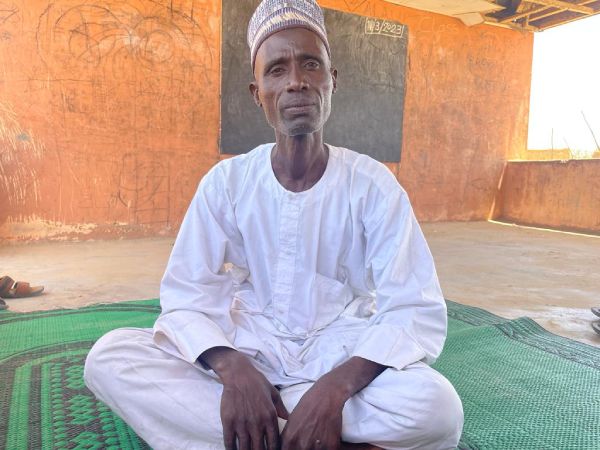
The methodologies ensure that children learn first in their mother tongue through fun activities aimed at improving their literacy and numeracy skills.
“Yagana will go places,’’ said Yamira Kaka Mallum, Yagana’s class teacher.
“From the moment, she joined my class seven months ago, she has displayed an uncommon eagerness to learn. Her numeracy skills have improved, although I know her literacy skills will also improve with time,’’ she added.
Indeed, hope is rising for Yagana who is bonding with her new family and dreams of becoming a teacher.
“I just want to share knowledge, that is why I want to be a teacher,’’ said a shy Yagana.
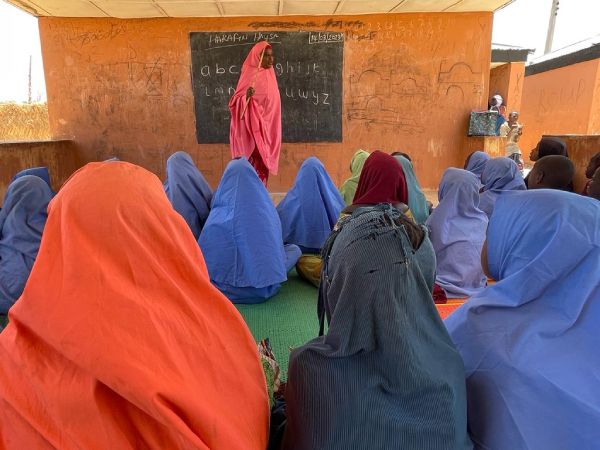
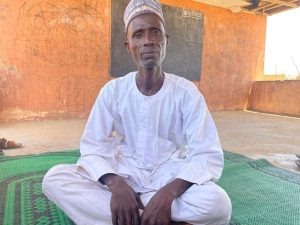
Teachers in the school have been trained on the delivery of psychosocial and the prevention of sexual exploitation support to children.
With 1.3m children, Borno State has the highest number of out-of-school children in Nigeria’s conflict-ravaged north-east region. More than half of displaced children across the region do not attend school while majority of those in school are not accessing quality education.
To improve the quality of education available to children enrolled in school, UNICEF is supporting Yagana’s school and others with the Teaching at the Right Level (TaRL) and the Kanuri Arithmetic and Reading Instructions (KARI) methodologies.
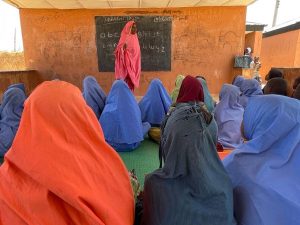
The methodologies ensure that children learn first in their mother tongue through fun activities aimed at improving their literacy and numeracy skills.
“Yagana will go places,’’ said Yamira Kaka Mallum, Yagana’s class teacher.
“From the moment, she joined my class seven months ago, she has displayed an uncommon eagerness to learn. Her numeracy skills have improved, although I know her literacy skills will also improve with time,’’ she added.
Indeed, hope is rising for Yagana who is bonding with her new family and dreams of becoming a teacher.
“I just want to share knowledge, that is why I want to be a teacher,’’ said a shy Yagana.
